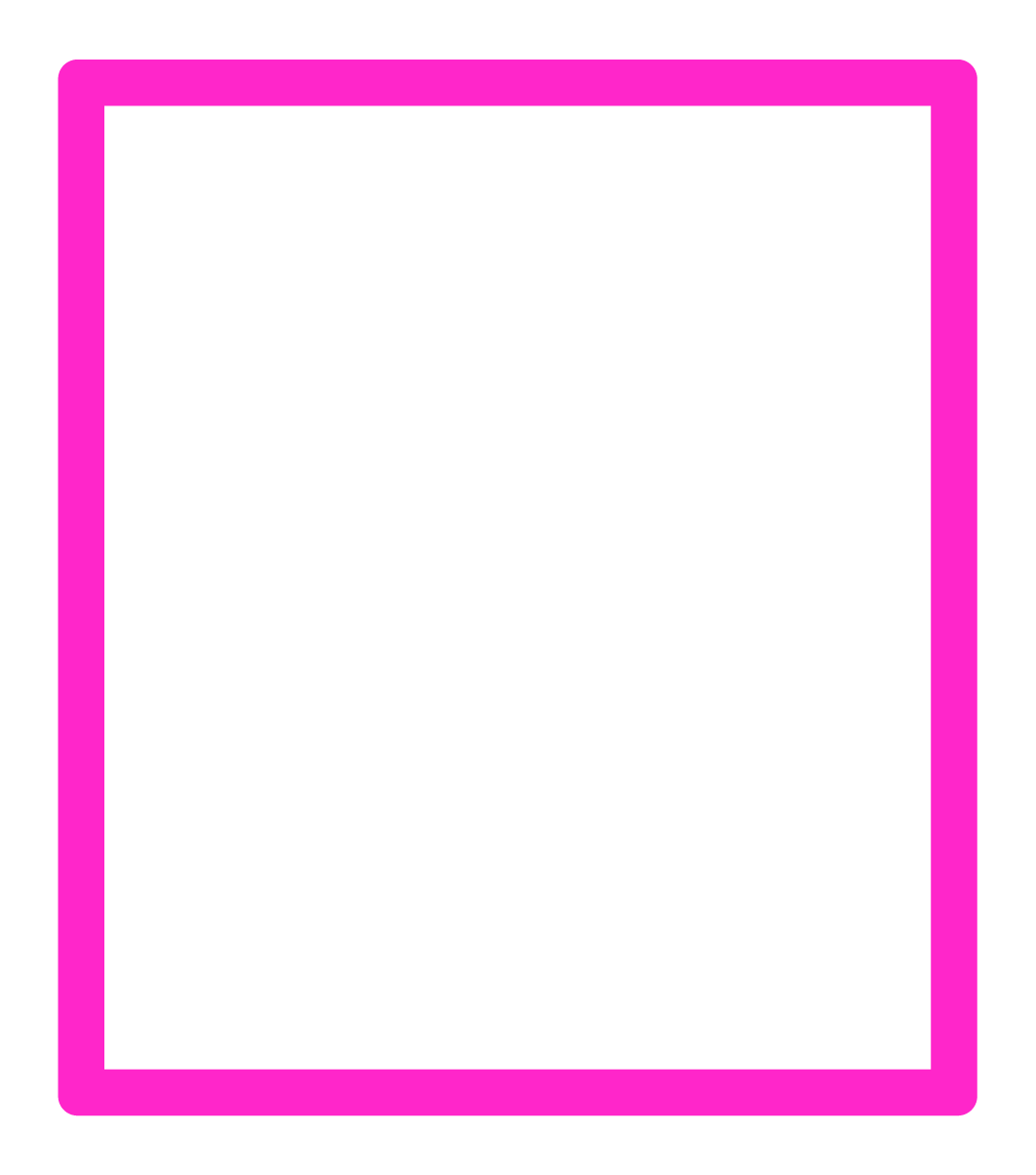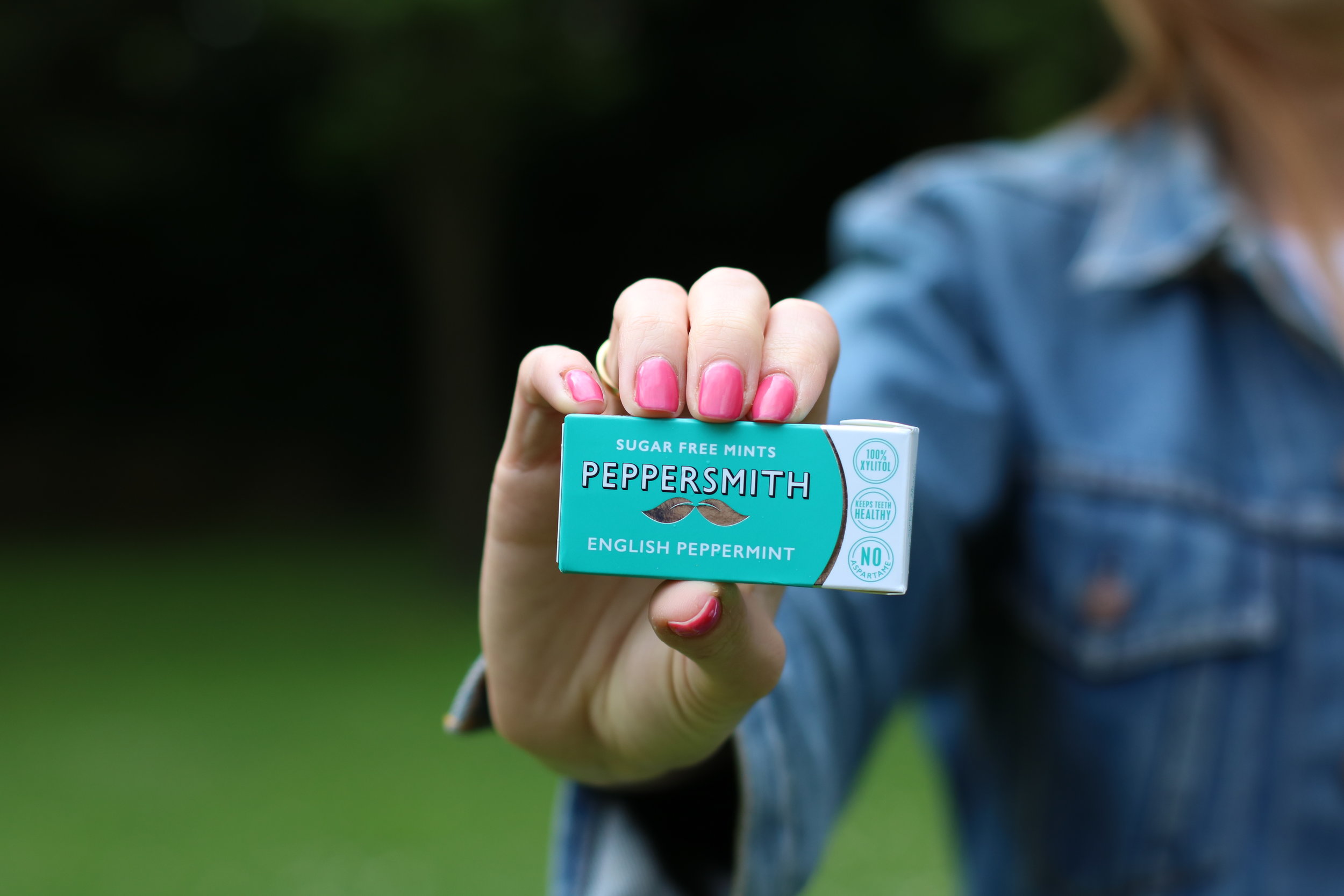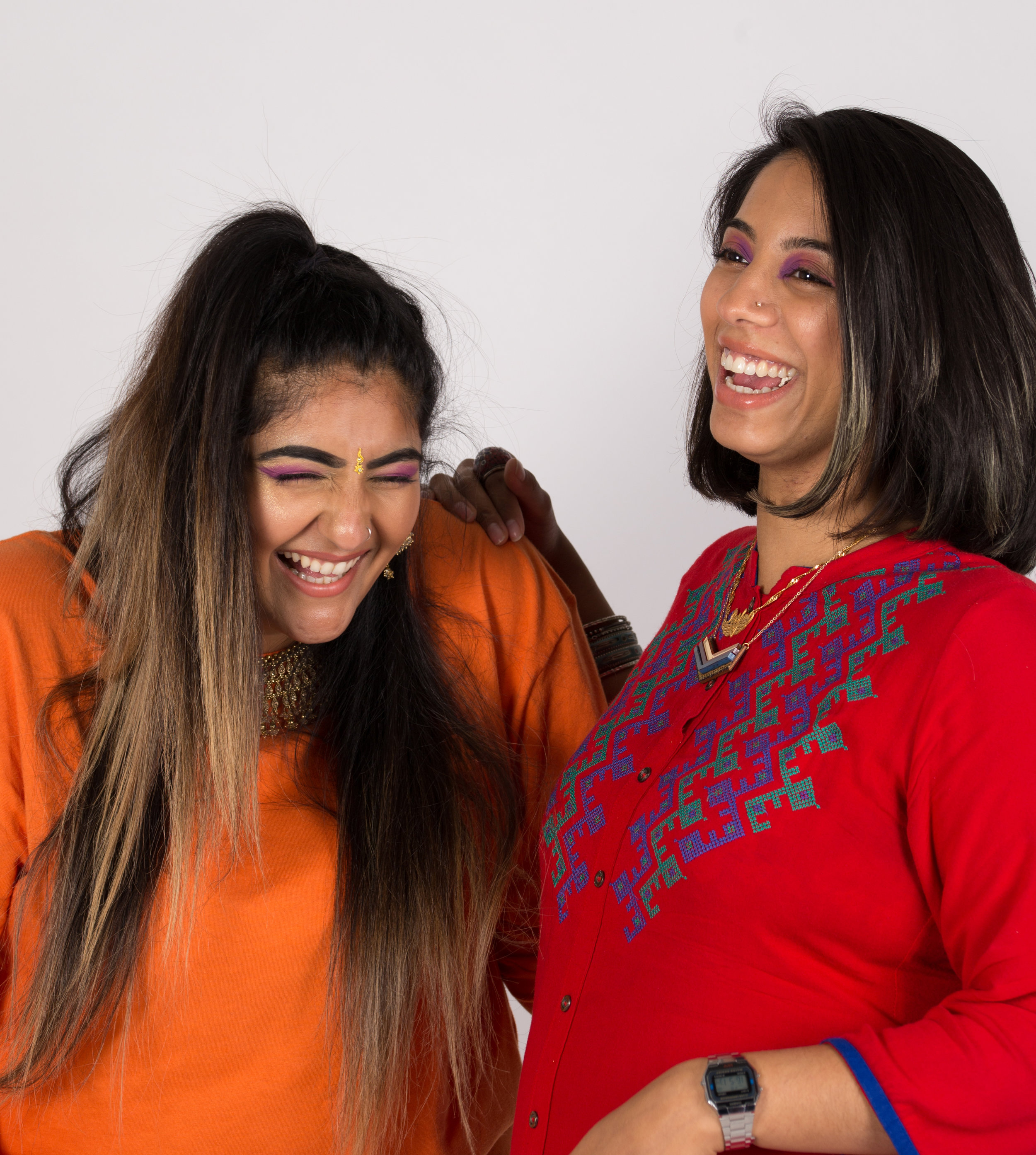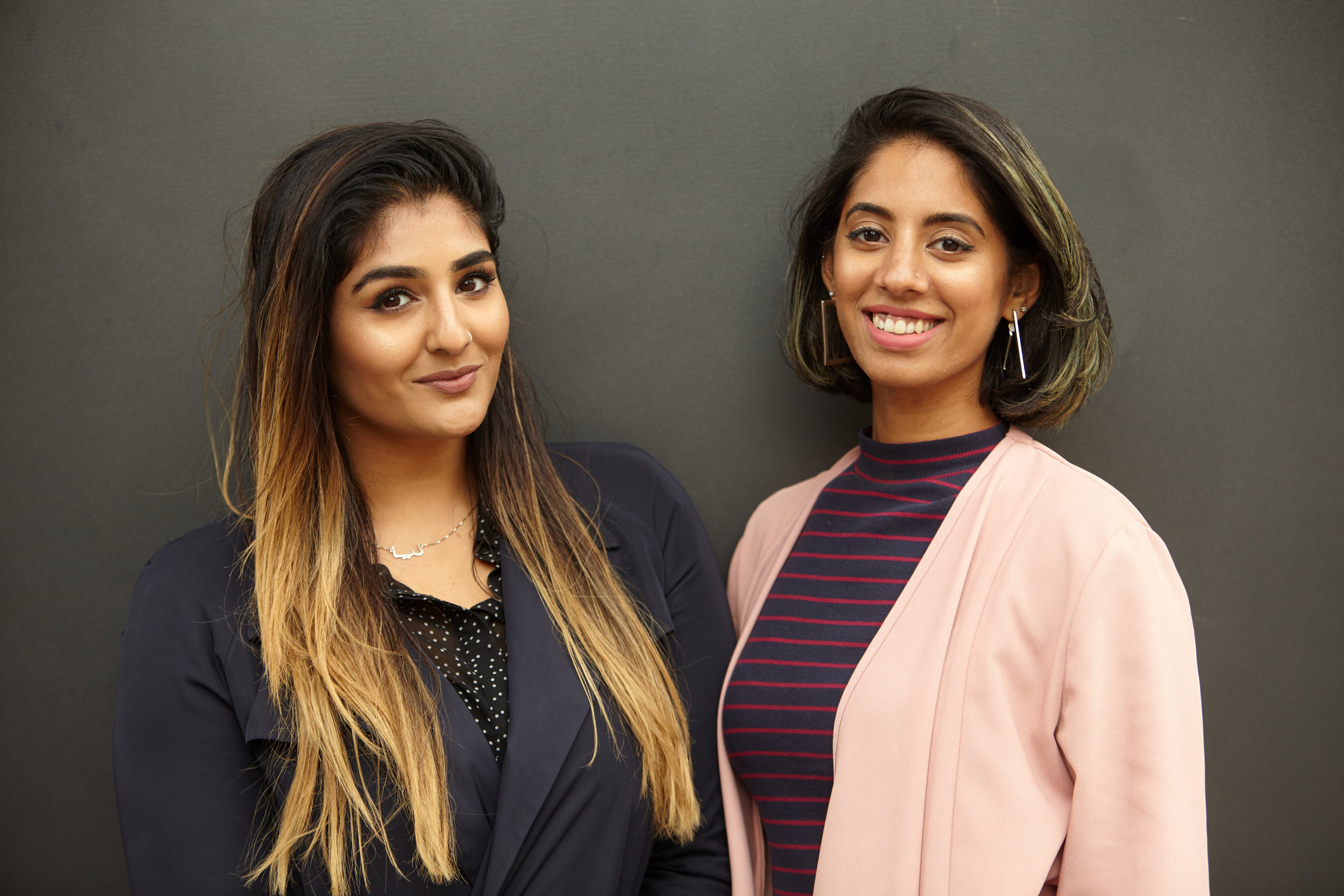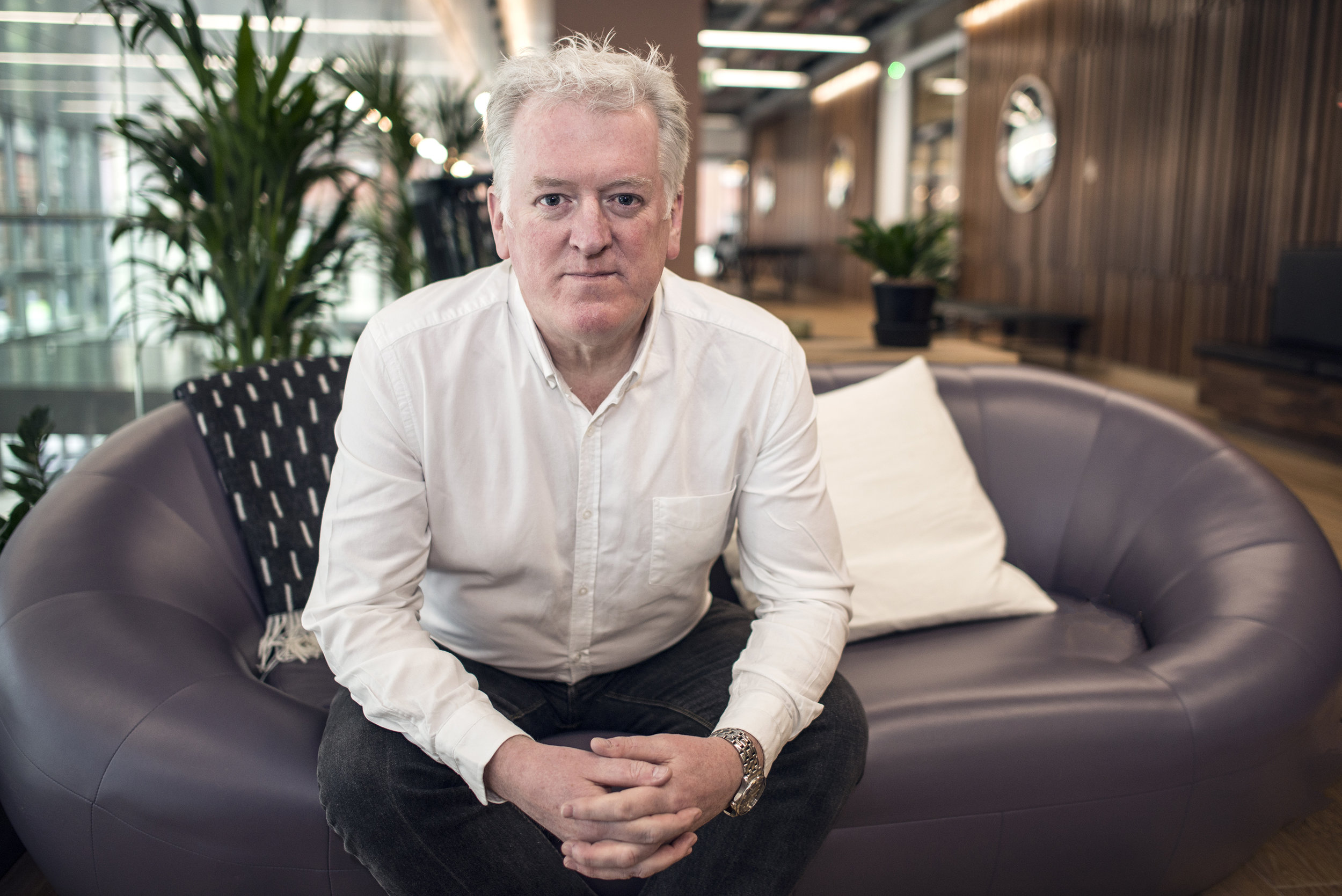MIKE STEVENS, CO-FOUNDER OF PEPPERSMITH
We caught up with Mike, who met his co-founder Dan at innocent, before setting up challenger confectionary company Peppersmith. He tells us why they saw an opportunity to bring positive impact to the category with healthy, sustainable products. There's also a job ad within!
“Peppersmith has stayed relevant because we make consistently good products and are true to our values. We try and be human in everything we do.”
You guys started out at innocent before setting up Peppersmith. Did Innocent teach you some valuable lessons?
For sure. Our time at innocent definitely gave us an unfair advantage. We were involved for a long time in a company which figured out its own rules as it went along and was true to a core set of values. Being immersed in such a dynamic and ultimately successful business gave us the knowledge, experience and confidence that we could do it all again in another part of store.
What drove you to set up Peppersmith?
Working at innocent Dan and I noticed a profound change in just about all food and drink categories. There was a firm shift towards better made, more natural, more healthy sustainable products with a strong brand to tell the story. This was something we understood well from our time at innocent. There was, however, one exception to this, which was the confectionery category. In this area, things were just not moving with the times. It was the same old high volume, low cost junk, which had been around for years. The insight was that if all other food and drink products were fundamentally changing why should confectionery be any different? We then set out to test our belief that the need for better made products applied to all categories including confectionery.
What has surprised you most about the process?
Good: The help, time and support other challenger companies and the entrepreneurs give to each other. We seem to share a mission and desire to make better products, give people a better experience and ultimately make things a bit more enjoyable. This spirt means that everyone is always happy to help with each other’s challenges.
Bad: The time it actually takes to make anything meaningful happen.
What has been the thing you've most struggled with that you've had to overcome?
Lack of funds. This definitely makes things harder than working for a bigger organisation. Every step we make seems to be a huge investment and/or a big gamble. This raises the stakes and means that failure hurts a lot more than simply getting a telling off by your boss.
If you could turn back time, would you do anything differently?
Experience is a good teacher but everything we do is a judgement call based on the information we have at that particular moment in time. Unless its feels like you are making the wrong decision at the time and then you are proved right there should never be any regrets.
Have you needed to raise investment? If so, what piece of advice would you give others looking to do the same?
Yes we have, we needed the cash. My advice is that selling the dream is easier than selling reality. So either raise cash right at the start or when you are sure you are onto a good thing.
What's the one thing you'd like to change about the food industry?
Retailers having more resources to spend working with challenger brands. In our experience it's not that the retailers don’t want to bring new brands and products into their portfolios, it is just too often a low priority as they don’t have the time or incentive required to do this properly.
We absolutely love the brand here at CLO PR. Why do think it has remained so popular?
I think it's stayed relevant for a number of reasons. Firstly, we make sure we make consistently good products and are true to our values. This means we gain trust. And we try and be human and relatable in everything we do, which I think means that more people are willing to believe in our mission.
Where do you get your inspiration?
Great people doing great things and being successful. Whether it’s Ben Fogle climbing Everest or Pip & Nut winning another listing, we use this admiration and excitement as fuel for our own fire.
What's the best thing about working for yourself?
No bureaucracy or politics getting in the way of getting on with the real task at hand.
Who do you admire?
Anyone who is prepared to stick their neck out to do the right thing.
What is Peppersmith up to this year?
We have some exciting new listings coming up, so it's all hands on deck to make sure they are a success. We are also building the team, so anyone out there who likes mints, dislikes the status quo and has an entrepreneurial calling should get in touch.
If you weren't doing what you do now, you'd be....
Something as equally as challenging and possibly as ill advised.
Find out more about what Peppersmith are up to here.
